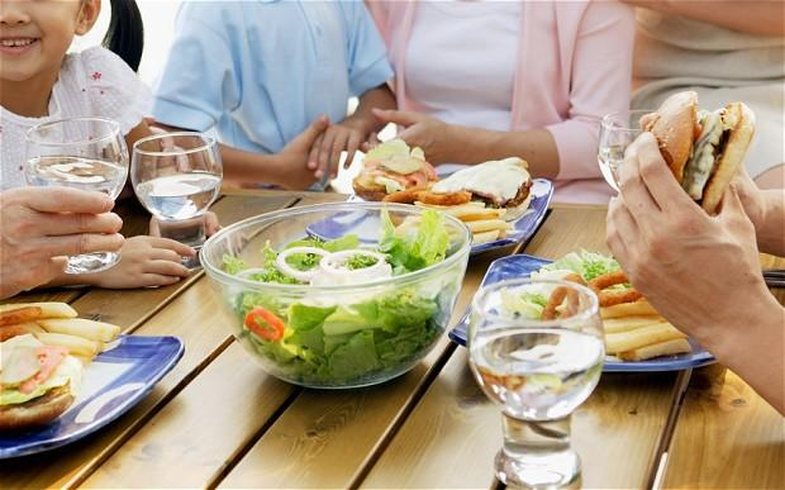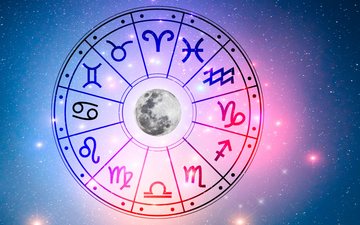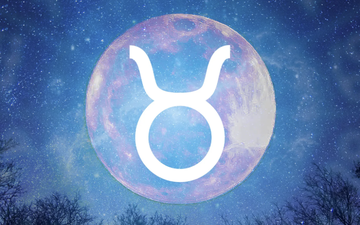
If you go to a restaurant in a western country, the first thing that is served before food arrives is a large can of water, ice and lemon. In Japan, the maximum that can be offered to you is a small cup filled with water. The Japanese believe that water during food affects the digestive process and makes it difficult for the body.
Although they know full well that staying hydrated is essential, consuming water while not eating lunch / dinner can do more harm than good.
1. May cause dry mouth
As contradictory as it may seem, if you accompany food with a glass of water, you may feel a dry mouth. The saliva secretions themselves serve as a healthy fluid to maintain the oral environment and if it dries, you may notice some unpleasant symptoms, including severe bad breath.
2. Affects the digestive process
By drinking water while you eat, your stomach receives weak signals about digestion and as a result you will have a bloated stomach.
3. May cause heartburn
If you consume water, add volume to the stomach and increase the pressure in it, as a hearty meal would do. As a result, you may experience heartburn or, as it is otherwise known, heartburn.
4. You are likely to gain weight
Consuming water during meals can make you gain a few extra pounds. If digestion is not done properly, the stored food turns into extra pounds.
How to do it to feel the need for less water while eating?
1. Consume as few salty meals as possible, so as not to feel thirsty.
2. Take time to chew food. Well-digested food is easier to digest and the need to consume water is reduced.
3. Drink water 30 minutes before consuming your next meal. It is one of the best forms of staying hydrated.
4. Do not eat any meal too fast! Dedicate yourself to food and focus on it.
Source: Bright Side





